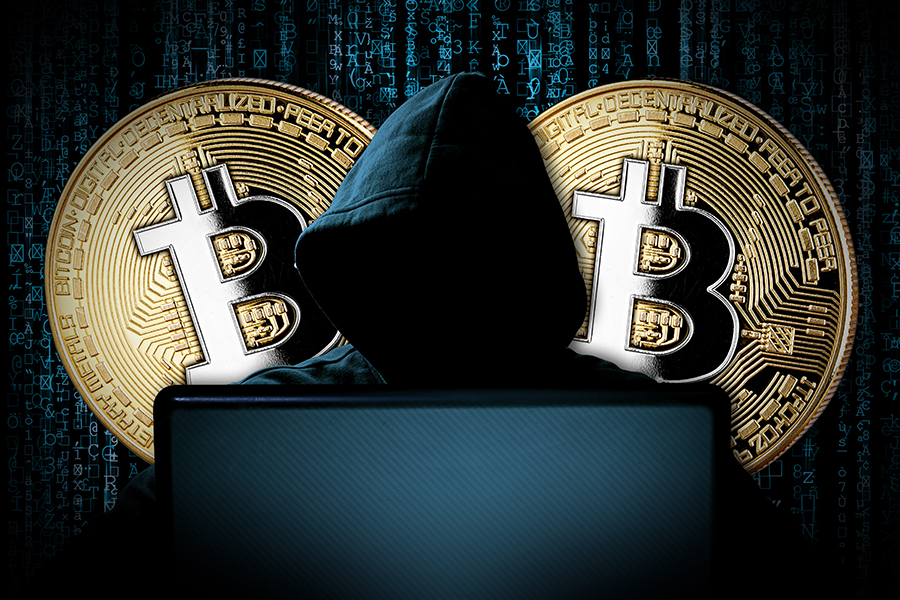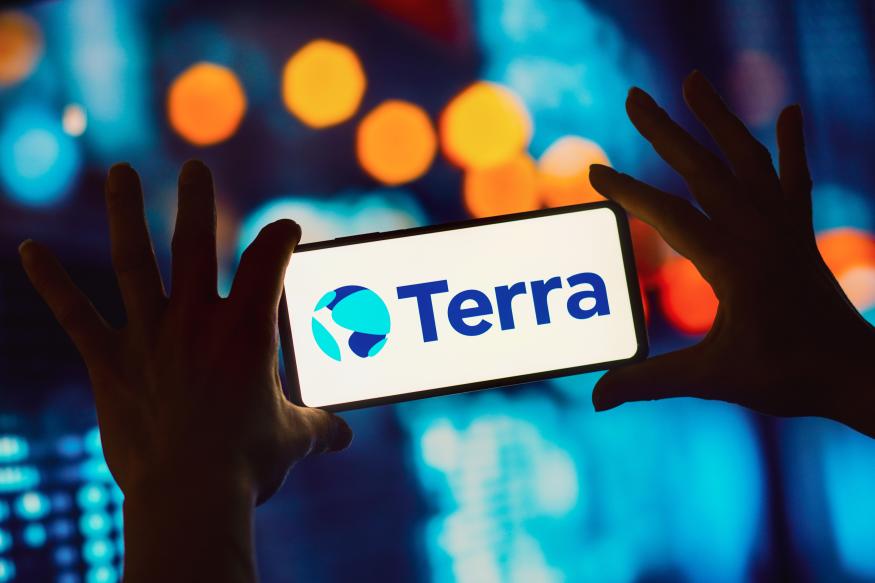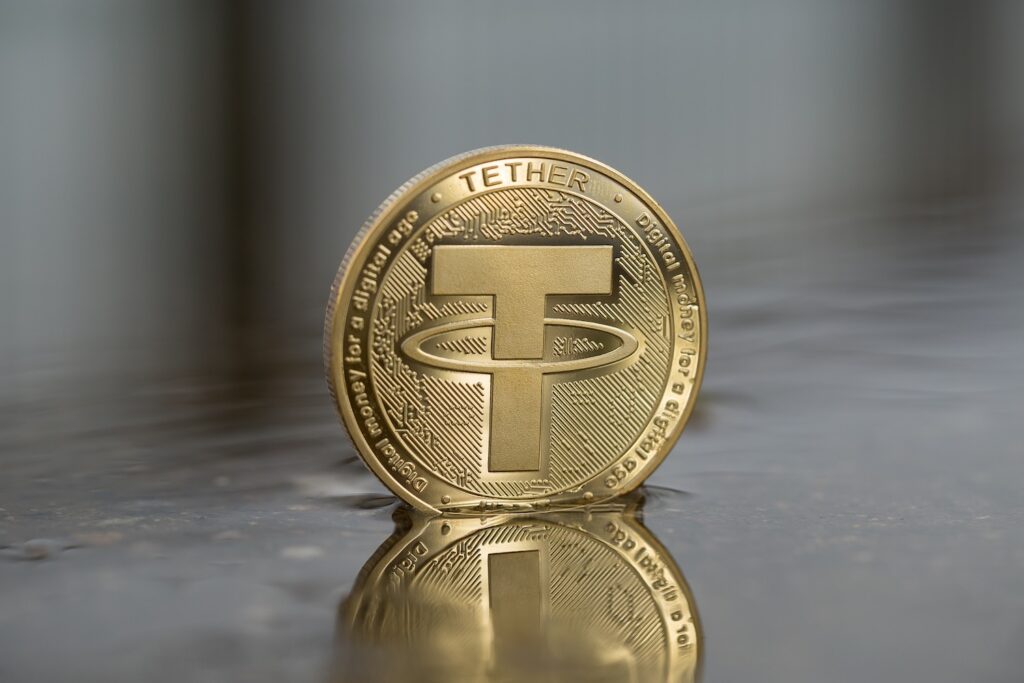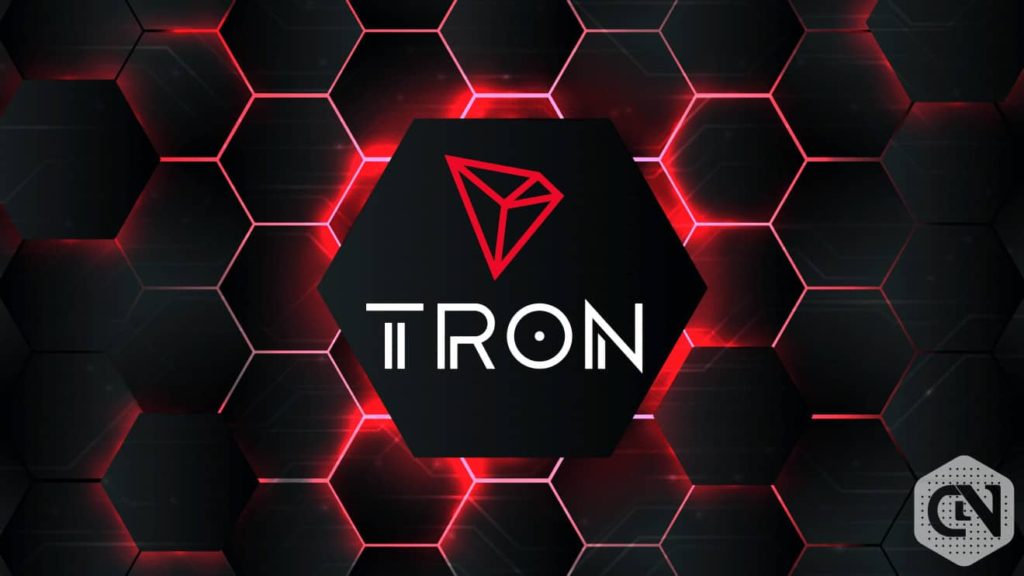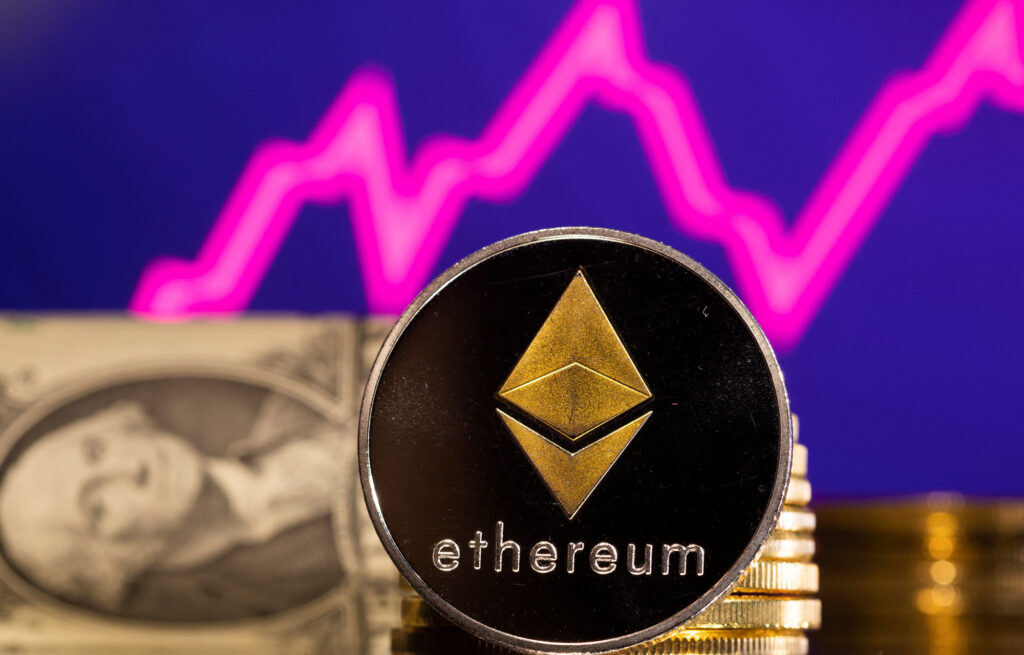Gurbir Grewal, the SEC’s Enforcement Division Director, recently defended the agency’s approach to cryptocurrency regulation, emphasizing consistency in their enforcement actions.
During an SEC Speaks event on April 3, Grewal responded to critiques that the SEC is formulating crypto rules on the fly.
He highlighted the “creative attempts” by crypto companies to evade SEC oversight in the U.S., countering claims that the SEC is overstepping its authority or engaging in arbitrary enforcement.
Using the sentencing of Sam Bankman-Fried, the ex-CEO of FTX, as a cautionary tale, Grewal underscored the consequences of lax regulatory enforcement.
Bankman-Fried was sentenced to 25 years for defrauding investors, a situation that led some to financial despair.
READ MORE: Bitcoin Cash Surges Ahead of Second Halving Event, Reaches Record Open Interest in Futures
Grewal expressed his desire for the industry to move beyond debates over the SEC’s jurisdiction to tackle critical issues like fraud, opacity, asset commingling, conflicts of interest, and regulatory oversight that heighten investor risks.
Grewal also defended the clarity and consistency of the SEC’s application of the Howey test, a standard for determining what constitutes a security.
This comes amid discussions about classifying Ether as a security, a topic Grewal didn’t directly address.
He stressed the public availability of these analyses, noting that even those challenging the SEC in court have relied on the Howey framework to evaluate their crypto offerings.
His remarks follow a Utah court’s decision to sanction the SEC for “bad faith” in a case against Debt Box, highlighting criticisms of the SEC’s perceived erratic enforcement practices.
This has fueled concerns about a potential industry exodus from the U.S. Additionally, Grewal’s comments were preceded by criticism from SEC Commissioner Hester Peirce regarding the regulator’s guidelines for crypto asset custody.
Peirce, alongside other SEC staff and commissioners, participated in the event, which concluded on April 3, aiming to address these regulatory challenges and criticisms head-on.
To submit a crypto press release (PR), send an email to sales@cryptointelligence.co.uk.


